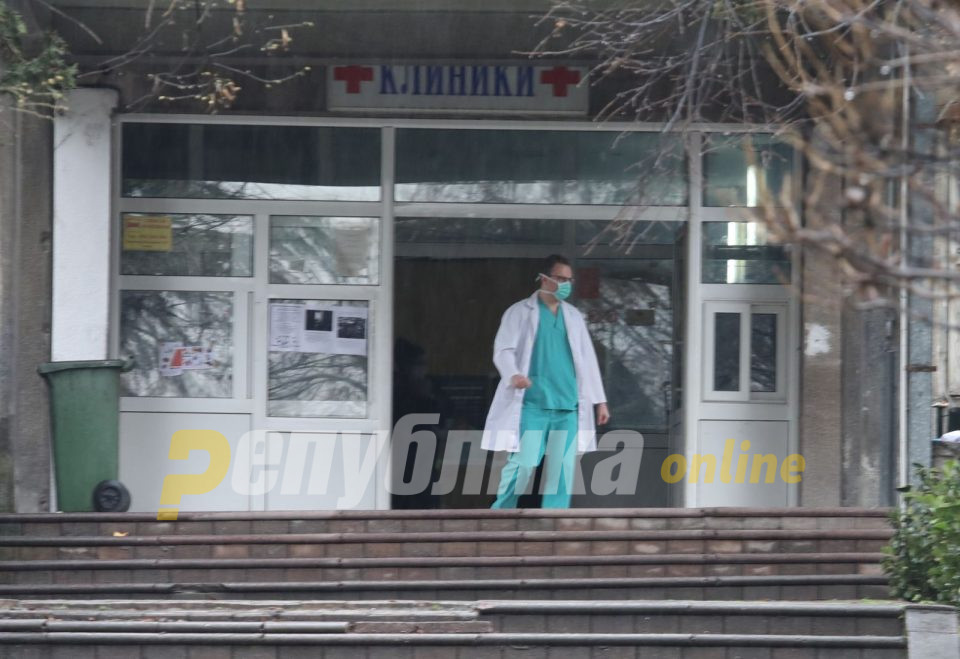A group of surgeons from the surgical clinics within the “Mother Teresa” complex has recently sent a letter to our editorial office, expressing concern about the insufficient availability of basic drugs, posing a significant challenge in their daily operations. According to the information provided by the surgeons, there has been a lack of record-keeping and traceability of antibiotics, narcotic drugs, and essential supplies at the surgical clinics for the past three to four years.
In their letter, the surgeons raise a public inquiry into the current state of surgical practices, questioning the availability and utilization of basic resources such as antibiotics and narcotic drugs in surgery.
Does anyone keep records of them, or even here, as in oncology, there is no record of who uses them and how?
Are surgical clinics inspected for intrahospital infections, are they reported and if at all and what measures have been taken to deal with the situation?
Are the allegations true that narcotic drugs that are intended and should be used for our patients through unknown channels end up on the black market or in Kosovo?
How many controls have been carried out by the Ministry of Health, MALMED, the Health Insurance Fund and the State Sanitary and Health Inspectorate for their use?
These questions are publicly directed by the surgeons to the relevant authorities. They assert their disagreement with the management approach in this sector, emphasizing perceived unprofessionalism and omissions in its implementation.
Additionally, the surgeons highlight in their letter a considerable shortage of nurses, impacting their work significantly. They express concern that, instead of reinforcing the clinics with medical staff, non-essential personnel such as administrative staff are being hired daily.
This prompts the question: What is truly transpiring in the field of surgery, and is there a potential emergence of a situation akin to the challenges faced in Oncology?





Comments are closed for this post.